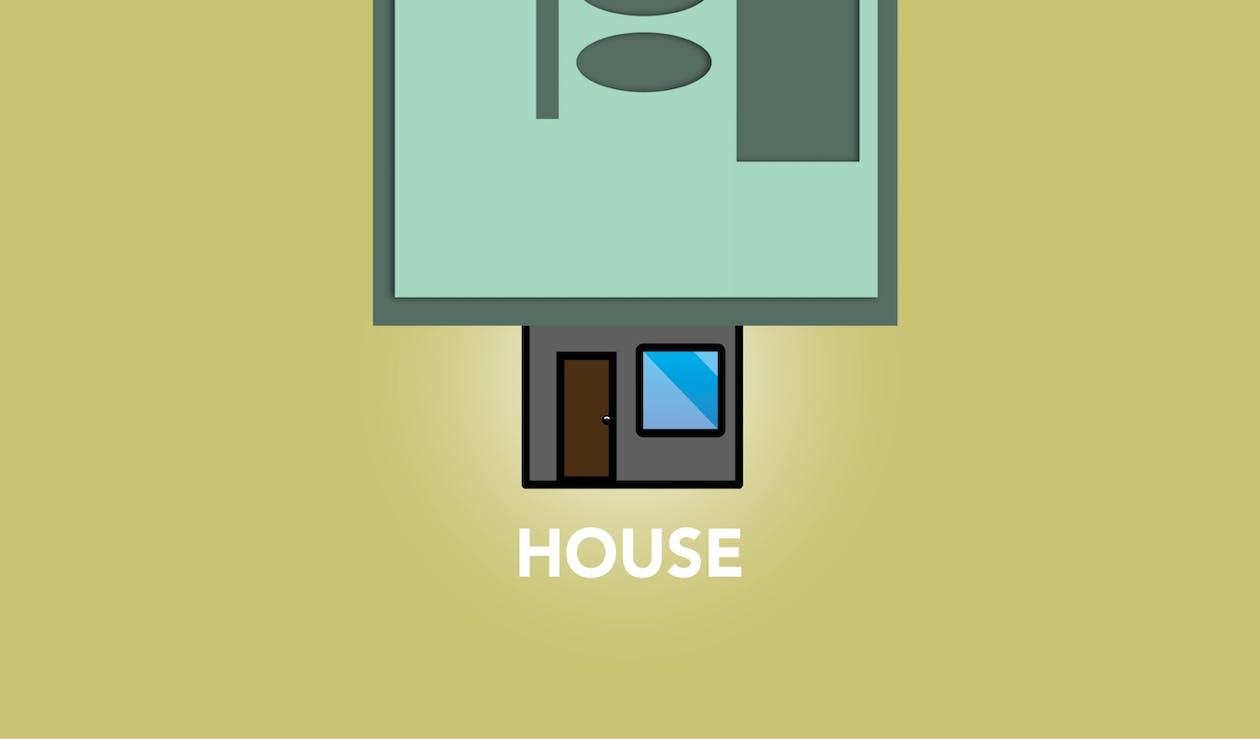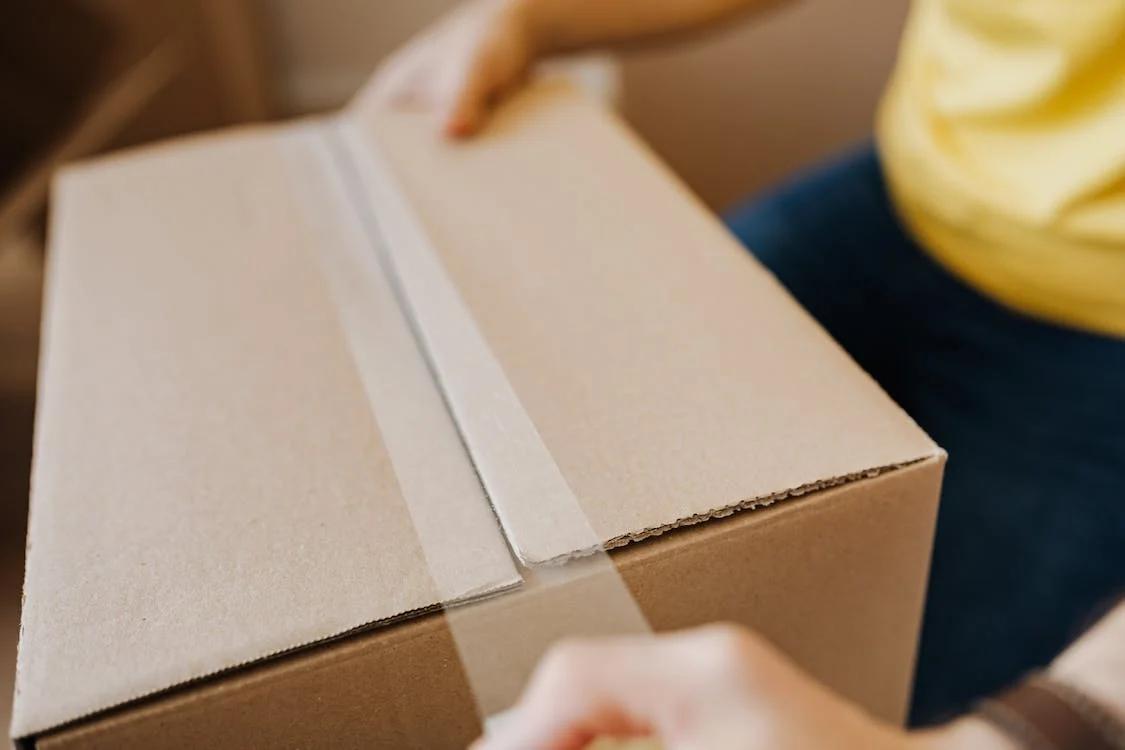Whether you are moving out of one rental to another or into your newly purchased home, the process of moving out of your old place and into a new place can be stressful and costly, yet exciting at the same time.
There are several steps you can take and tips you can follow to make the process of moving relatively easy.
Planning Your Move
If it’s your first move and you are not yet familiar with the process of moving, it’s a good idea to do your research and talk to your friends and family that have recently moved. There are several factors that will impact the planning and execution of your move:
- The difference in the size of your current and new home. If your new home is larger than your current home, then you can think about what to do with the extra space after you have moved. But if it’s smaller, you must identify whether you can move all your stuff to the new place. If not, you have to decide whether to sell it, donate it, give it to friends and family, or store it.
- Even if size is not an issue, you may want to populate your new home with different items and furniture instead of what you currently have. How much budget you have for new furniture and items, plus how much you can recoup by selling your current belongings, would influence this decision.
- Think of every bottleneck you might face and measure everything- especially large pieces of furniture that can’t be disassembled and reassembled. The simple rule is that if it got into your apartment/home, it could also get out (unless there were major structural changes in between), but what about the new place? If even a single door is too small for your couch, it will become a bottleneck. Drastic moves like cutting parts of it to make it fit through might destroy it. So if you have any such pieces in your current place that can’t reach the new home, decide early on what to do with them.
- Planning the moving day is important as well. Most people plan the move on a weekend, but there are certain benefits of moving on a weekday- less crowded buildings, movers will have more room in the schedule, it will be easier to reserve the elevator, etc. You should also coordinate with the manager and super of the building you are moving in and communicate the date of moving beforehand. If you are moving from one rental to another, a date near the end of the month may be convenient as it would prevent you from overpaying at your old or new place. If it’s not feasible, you can convince your new landlord for a mid-month move.
- You should also start changing your shopping habits/patterns and focus on consuming consumables instead of restocking them as usable, so you have a (nearly) empty fridge when moving. If you are moving from a rental, you should give your current landlord noticeat the right time (30 days) and start looking into transferring utilities/paying remaining utility bills, and changing your correspondence address.
One of the most significant aspects of moving from your old home to a new one is the financial cost of moving. If you have a sizable amount saved up, you can outsource most of your responsibilities to a moving company, including packing and unpacking.
If you have a limited amount, you may consider packing it yourself, asking friends/family that may have a truck to help you move, and doing all the loading/unloading and unpacking yourself.
Unfortunately, it’s not a practical option if you have some heavy furniture or delicate items that need to be professionally handled, and you will have to find money in the budget for them.
Packing
You have two options when it comes to packing: Do it yourself or hire professionals. Many moving companies offer packing services, and even though it can increase the cost of moving, it will also lower the stress/fatigue of moving.
If you are packing yourself, try enlisting the services of friends and family. More hands can help you pack quicker. Whether you are doing the packing yourself or working with pros, a few tips might help.
- What needs to be donated, given, or put in storage should be stored separately from what needs to be packed.
- Make sure you have the necessary packing supplies- boxes, markers, tapes, etc. Adding the specific destination of each box, like bedroom, living room, or kitchen, can be helpful. Don’t overload the boxes and bubble wrap the breakable items. When packing, ensure the items do not get damaged, even if they are jostled or tilted.
- Consider disassembling the furniture a day before moving/rest of the packing so you may have time to call someone if you are unable to disassemble it on your own (without damaging it).
- If you are hiring a moving company, make sure you discuss the process with them beforehand. It may or may not include disassembling furniture, and delicate items might cost extra. Knowing what they expect from you when they come for packing and what’s included in the package can make the process easier for both of you. Communicate any specific packing request beforehand to find out if it is included in the cost or requires an additional charge.
- Start packing your kitchen a few days before the moving day and rely on disposable containers and flatware. Packing the kitchen may require special care for breakables and appliances, and you may have to call a professionalto remove some items.
- Remember LIFO (Last In, First Out) when packing. With each box, your goal should be to pack the things that you will need right away at or near the top so you can easily access them when unpacking.
Choosing A Moving Company
If you have decided to go with a professional moving company, make sure you look into their reviews and understand their services well. If you also want them to make, look into any standard packages they may have that combine packing and moving. Ask for quotes from multiple moving companies to make the right choice (cost-wise).
Experienced moving companies might ask for an in-person or virtual visit of the items you need to move before sending you a quote. They will also send you details of what would be entailed with the move.
Additional services might be rolled into the original cost as a lump sum, or each additional service might incur a separate additional charge. Referrals are a good idea for finding a good moving company. Barring that, their online reviews (ideally on multiple forums) should give you a good idea.
You can keep the cost of hiring a moving company low in several ways, like taking on packing yourself or, even if you are hiring them for packing as well, buying the supplies yourself (if they allow it). Moving in a slow season like winter, where a moving company may not receive as many requests, and around the middle of the month when relatively few people are moving, might also earn you a price discount.
You should also look into their license and what their business insurance covers. It might include repair or replacement costs (up to a specific amount) for any items damaged during the move, with certain exceptions. Treating your movers well and coordinating with them effectively can go a long way toward making your move successful and relatively stress-free.
Remaining Dues and Deposit
If you are moving from a rental unit, you may be required to restore the apartment to its original form (in which you received it), minus the regular wear and tear associated with the dwelling. This may include removing the temporary wall, but you should confirm with your landlord before paying for removal, as they might prefer to keep it as is.
You will also need to pay any remaining maintenance or commons fees you might have, as well as any utility bills. The tricky part is accounting for the days that you have used utilities between your leaving date and the last utility bills.
Let’s say you have lived in your apartment for ten days after paying the last utility bills; you may negotiate to pay a third of the usual utility costs for the month.
You may also need to pay a move-out fee in a condo or co-op. If there are no charges remaining from your end and there are no repairs that need to be made in the apartment you are leaving (beyond normal wear and tear), the landlord will be obligated to return the deposit without any deductions.
Moving out is just one of the two steps of moving. You should also plan your move-in to the new place.
Repairs/Renovation Before Moving In
A deep cleaning, whether by professional cleaners or DIY, is highly recommended before you move into a new apartment. It will make the place more habitable and may also reveal any problem spots within the home that may need repair/replacement.
However, making repairs or renovating the new home before moving in is a decision that is tied to a number of other factors, including the cost of renovations. Let’s start with repairs. You may not be able to avoid necessary repairs like an HVAC system, a heater, appliances, a main door, leaks in the kitchen or bathroom, etc.
If you are moving into a new rental, it would be your landlord’s responsibility to make the place ready for you to move in and ensure no major repairs are needed.
If you had bought the home, these items would have come up in the inspection, and if the previous owner didn’t agree to make the repairs before handing the place over, they might have left money in escrow (closing credit) for repairs. If you have a window between the time you get the keys to your new place and the time you have to leave your current home, you can use it to hire contractors or DIY the repairs.
As for the renovations, it depends upon the scope. If you have bought a run-down place that needs a complete tear-down/gut renovation of part of the home or the entire home, it might be wise to continue living in your current home and make the renovations before you move in. If your renovation puts your bathrooms or kitchen out of commission for days, it might be difficult to live on the premises anyway.
However, if the new home is habitable and the goal of the renovation is to increase its appeal, it might be a good idea to live in the home for a few months before deciding on the renovations.
Unpacking
Unpacking is rarely a single day’s work. Even if you take everything out of the moving boxes, you may spend days trying to set everything in its place, and it’s a process you should be mentally prepared for. It’s a good idea to start with the essentials. Make sure your bathroom is in functional condition, and you have your work (and a few casual) clothes out.
The same goes for necessary kitchen items. Unpacking those first will ensure that you can start a normal routine, unpack other things, and set the rest of your home at a more deliberate pace. You also don’t need to unpack everything right away. If you are moving in summer, keeping winter clothes in boxes for the time being is more practical.
A measured unpacking pace can give you time to come up with a more efficient arrangement/pattern for your new space. If you rush it, you might repeat what you already know and mimic the arrangement of your old home instead of occupying the new space on its own merits.
Settling in The New Place
Settling in the new place includes getting familiar with it and understanding its unique quirks. It also includes practical steps like setting up utilities. The previous owner/tenant would most likely have disconnected the utilities before moving out, and you have to look into the local suppliers and their requirements.
You also need to change your locks as soon as you move in, though you may need your landlord’s permission (and provide them with a key) when doing so in a rental unit. You should also change the batteries in smoke and carbon monoxide detectors. If you are moving into a brownstone/townhouse, become familiar with HVAC, power, and water mains.
If moving into an apartment, find out who you need to contact when setting up appliances or something like shutting off the water supply (super or property manager). It may also be a good idea to meet the neighbors and introduce yourself.















